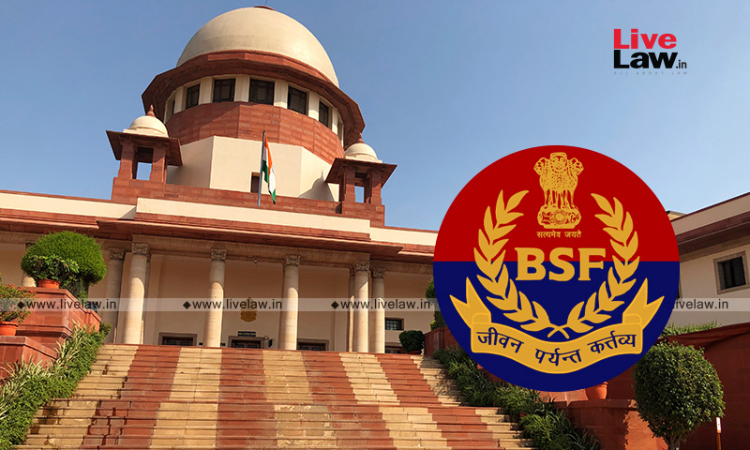Accused Taking Plea Of Self Defence Need Not Prove It Beyond Reasonable Doubt: Supreme Court
LIVELAW NEWS NETWORK
14 Jun 2022 7:34 PM IST

Ex. Ct. Mahadev vs Director General Border Security Force | 2022 LiveLaw (SC) 551
Next Story
14 Jun 2022 7:34 PM IST
